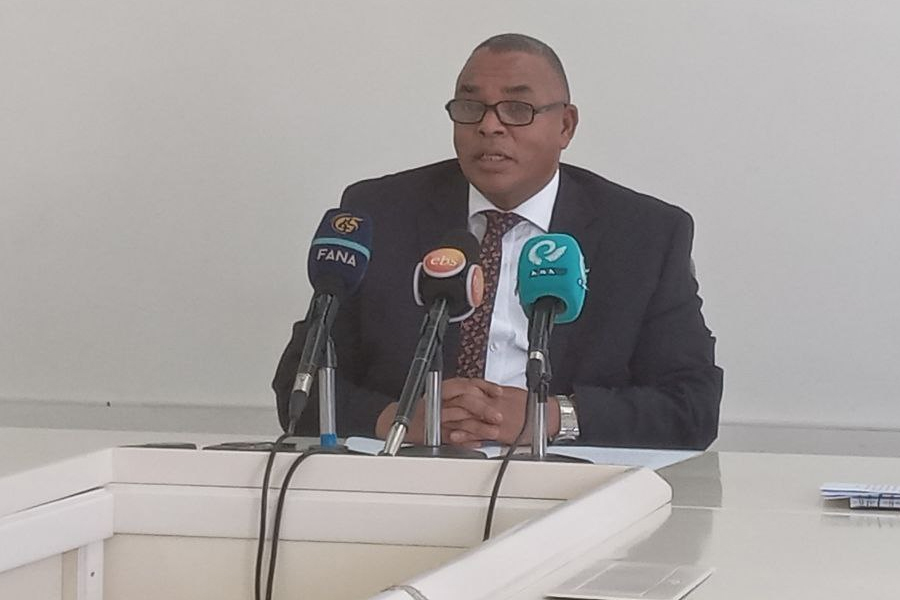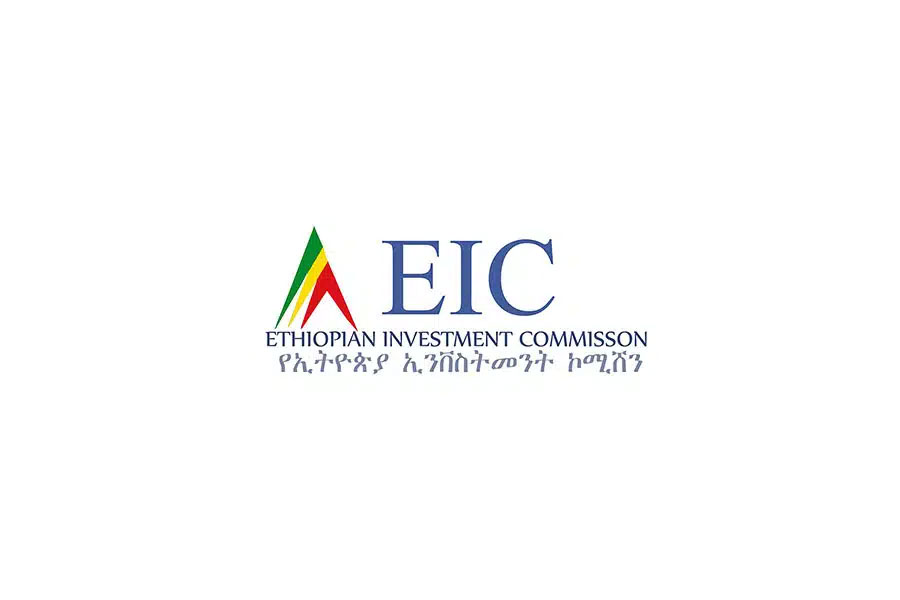
Fortune News | Jun 19,2021
Nov 4 , 2023
By Halima Abate (MD)
As health systems worldwide continue to cope with the aftershocks of the COVID-19 pandemic, the underpinnings of the global healthcare workforce are coming under intense scrutiny. The pandemic has both illuminated and exacerbated pre-existing conditions in healthcare settings marked by severe workload, stress, and ethical dilemmas faced by healthcare workers. Nowhere are these systemic challenges more pronounced than in the skewed gender dynamics and subsequent inequities within the health workforce, a sector predominantly staffed by women.
The burdensome legacy of the pandemic for health workers, particularly women, is considerable.
Frontline workers have contended with chaotic work environments, often precipitated by the acute pressures of the pandemic. The rapid return to pre-pandemic work schedules, typically without adequate consideration for the lingering psychological toll, has intensified stress levels. Women have borne the brunt of these conditions, not only in their professional roles but also through a disproportionate share of unpaid care and domestic work.
This sustained stress on healthcare workers is having actual repercussions for health systems, especially in regions where the disease burden is highest, and workforce shortages are most acute. These shortages often stem from the twin trends of resignation and migration, as workers seek better opportunities or exit the industry. The migration pattern, in particular, has seen a flow of skilled workers from low-income to wealthier economies, undermining the former's healthcare infrastructure and thwarting global health initiatives such as Universal Health Coverage.
These shifts underscore an urgent need for robust national health workforce strategies focusing on retention and ethical recruitment practices. Governments should forge a new social contract with health workers, one that ensures safe, equitable, and decent work environments. These are essential reinforcements for sustainable health systems.
One initiative that stands out in Ethiopia's effort to respond to gender disparities in healthcare is the proposition to establish the 'Women for Health Association.'
The organisation aims to bridge resource gaps, particularly in reproductive, newborn, and child healthcare services, and non-communicable diseases. It seeks to mobilise collective actions and lobby for prompt policy innovations, thereby improving the timely response to women's health needs. The Association would also focus on enhancing access to essential medicines at grassroots levels, supporting networking and capacity-building initiatives, and fostering knowledge-sharing among health professionals.
Such measures are poised to strengthen Ethiopia's healthcare system, targeting improvements specifically tailored to women's health.
Globally, lessons on forming such associations suggest that ensuring accessible healthcare for marginalised groups remains a priority. Effective public information campaigns can elevate the awareness of services available, particularly those catering to vulnerable or disadvantaged subgroups. Collaborative efforts across different levels of government, civil society, and healthcare providers, combined with an integrated approach that values diverse perspectives, are crucial for outreach initiatives to improve access and quality care.
Campaigns emphasising public health and well-being, particularly preventive measures, also show promise in reducing the reliance on late-stage medical interventions. Such campaigns can be critical in educating the population about preventative health, potentially easing the load on an overburdened healthcare workforce.
While it is essential to recognise the right of healthcare workers to seek opportunities through migration, the resulting 'brain drain' can be detrimental to low-income countries. High-income countries offering strong incentives for migration may inadvertently exacerbate this issue. Ethical recruitment practices must, therefore, be a component of the international response to healthcare workers' migration.
Gender-based work arrangements demand attention. Women have been more likely to adopt remote work arrangements or reduce work hours, decisions that may inadvertently deepen gender inequalities in the workforce. Urgent action and consensus are needed to address these disparities and to reinforce gender equity within the health workforce. Women's engagement in leadership, characterised by more participatory and collaborative approaches, may contribute positively to organisational dynamics.
In settings where social interaction plays a significant role, women are often seen as natural leaders. Women can help steer health organisations towards more inclusive and effective operations. The creation of the 'Women for Health Association' and similar social organisations can serve as a blueprint for addressing systemic issues within the healthcare industry. These organisations can promote cohesion, encourage participation, and enhance communication - all essential components in healing from collective trauma and improving retention rates among healthcare workers.
Halima Abate (MD) is a public health professional with over a decade of experience. She can be reached at halimabate@gmail.com
PUBLISHED ON
Nov 04,2023 [ VOL
24 , NO
1227]


Fortune News | Jun 19,2021

Viewpoints | May 11,2019

View From Arada | Dec 24,2022

Radar | Jan 18,2020

Radar | Jun 29,2019

Life Matters | Aug 29,2020

Radar | Nov 11,2023

Radar | Jun 21,2025

Viewpoints | Dec 21,2019

Radar | Jul 29,2023

My Opinion | 131499 Views | Aug 14,2021

My Opinion | 127855 Views | Aug 21,2021

My Opinion | 125833 Views | Sep 10,2021

My Opinion | 123463 Views | Aug 07,2021

Dec 22 , 2024 . By TIZITA SHEWAFERAW
Charged with transforming colossal state-owned enterprises into modern and competitiv...

Aug 18 , 2024 . By AKSAH ITALO
Although predictable Yonas Zerihun's job in the ride-hailing service is not immune to...

Jul 28 , 2024 . By TIZITA SHEWAFERAW
Unhabitual, perhaps too many, Samuel Gebreyohannes, 38, used to occasionally enjoy a couple of beers at breakfast. However, he recently swit...

Jul 13 , 2024 . By AKSAH ITALO
Investors who rely on tractors, trucks, and field vehicles for commuting, transporting commodities, and f...

Jun 28 , 2025
Meseret Damtie, the assertive auditor general, has never been shy about naming names...

Jun 21 , 2025
A well-worn adage says, “Budget is not destiny, but it is direction.” Examining t...

Jun 14 , 2025
Yet again, the Horn of Africa is bracing for trouble. A region already frayed by wars...

Jun 7 , 2025
Few promises shine brighter in Addis Abeba than the pledge of a roof for every family...

Jun 29 , 2025
Addis Abeba's first rains have coincided with a sweeping rise in private school tuition, prompting the city's education...

Jun 29 , 2025 . By BEZAWIT HULUAGER
Central Bank Governor Mamo Mihretu claimed a bold reconfiguration of monetary policy...

Jun 29 , 2025 . By BEZAWIT HULUAGER
The federal government is betting on a sweeping overhaul of the driver licensing regi...

Jun 29 , 2025 . By NAHOM AYELE
Gadaa Bank has listed 1.2 million shares on the Ethiopian Securities Exchange (ESX),...